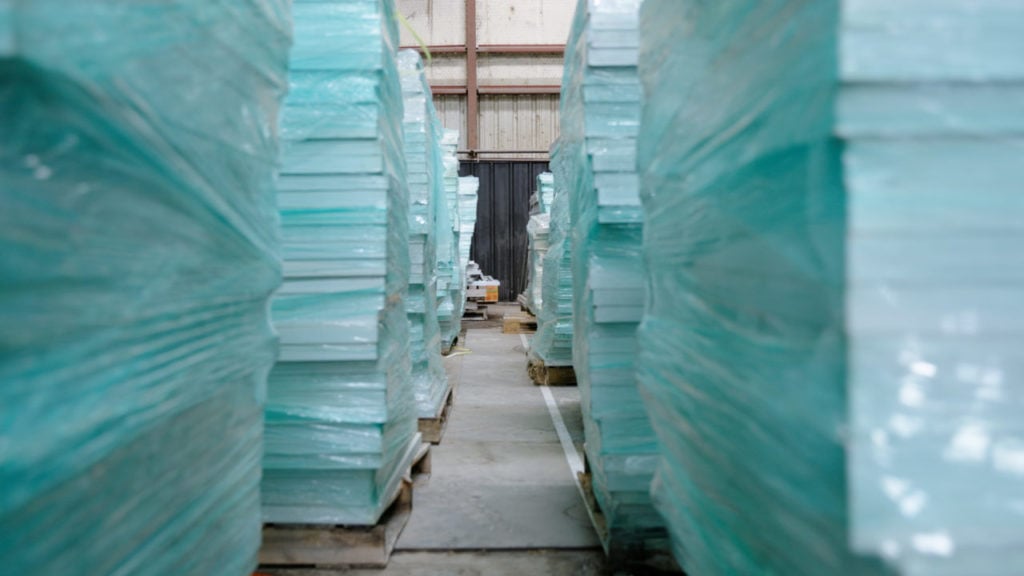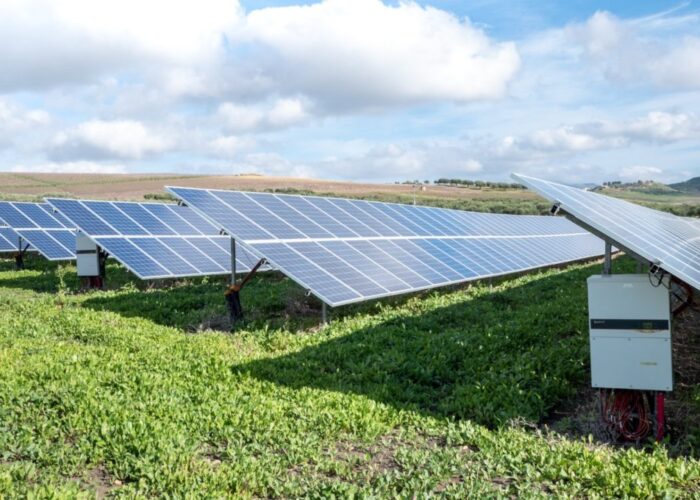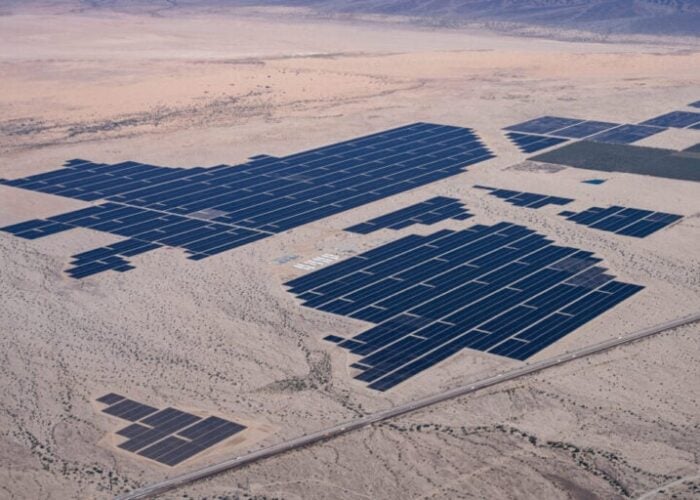
Korean-owned solar manufacturer Qcells has signed an agreement with Texas-based solar module recycling firm Solarcycle to recycle Qcells’ decommissioned modules in the US.
The agreement will cover Qcells’ “decommissioned, owned and installed solar panels in the United States”, and materials recovered from these modules will be reused in the domestic US solar supply chain, Solarcycle said in a press release.
Unlock unlimited access for 12 whole months of distinctive global analysis
Photovoltaics International is now included.
- Regular insight and analysis of the industry’s biggest developments
- In-depth interviews with the industry’s leading figures
- Unlimited digital access to the PV Tech Power journal catalogue
- Unlimited digital access to the Photovoltaics International journal catalogue
- Access to more than 1,000 technical papers
- Discounts on Solar Media’s portfolio of events, in-person and virtual
Qcells is establishing a US$2.5 billion, 8.4GW solar module production expansion in Georgia across two facilities, and has also said that it will produce solar ingots, wafers and cells in the state. The company said that its operations constitute the “largest silicon-based solar panel factory in the US”, exceeded only by Ohio-based First Solar’s production of Cadmium Telluride thin-film modules.
“We are proud of the clean energy products we offer, but Qcells is committed to going further than that,” said Kelly Weger, Qcells’ director of sustainability. “We want our solar panels to not only help our customers cut costs and carbon, but also to be a part of building a more sustainable clean energy industry. Our partnership with Solarcycle will give our panels a life after powering homes, businesses and communities, reducing waste and reusing pieces for all types of technology including solar.”
Solarcycle’s business model is based on ‘high-value’ recycling, with which it claims to extract 95% of the value from a decommissioned or broken solar module. It has two facilities, one in Odessa, Texas and one in Mesa, Arizona. PV Tech Premium spoke with Solarcycle CEO and co-founder Suvi Sharma last summer about the future of end-of-life and recycling in the solar industry, which he said is not currently being considered sufficiently in the industry at large.
“When you look at the footprint of Qcells panels in commercial and residential solar across America, the impact of today’s partnership announcement is quite significant,” said Sharma. “Together, we can close the supply chain loop to ensure solar energy is manufactured and recycled in the US using American labour and cutting-edge sustainability practices.”
The notion of a domestically-produced circular solar economy is attractive, though likely a long way off. The US still relies on imported solar products to meet its demand, and the overwhelming majority of the new solar modules put on the ground in the expanding post-IRA market will remain there for around 20 years. They are thus limited in their use for producing new products, at least for the foreseeable future.
Repowering might shorten the lifespan of the modules currently deployed in the US, particularly as the industry continues to shift from p-type to n-type products with higher efficiencies and reliability, and then make more of a case for a circular recycling ecosystem.
Regardless, the PV industry is increasingly becoming mindful of its waste and end-of-life practices. Solarcycle has signed deals with developers EDF Renewables, Ørsted, AES Corporation and Silicon Ranch since its foundation in 2022. A partnership with a major manufacturer like Qcells is a big step.
A report from Rystad Energy has estimated that material from panels reaching their end-of-life was worth around US$170 million, rising to US$2.7 billion by 2030 and around US$80 billion by 2050.







